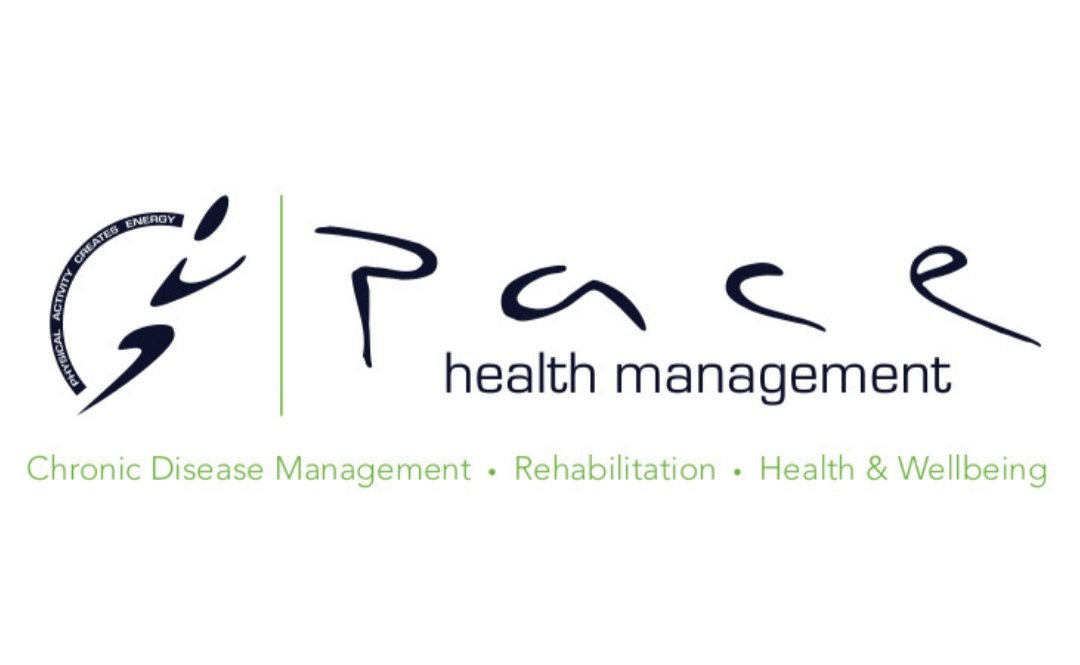Moving Through Menopause
Menopause is a significant time in a woman's life that brings many changes to the body, including hormonal fluctuations that can lead to symptoms such as hot flashes, night sweats, mood swings, and sleep disturbances.
While there are many treatments available to help manage these symptoms, regular exercise has emerged as one of the most effective strategies for improving overall health and well-being during menopause.
According to a survey by the Australian Menopause Centre, 80% of women experience symptoms during menopause, with hot flashes being the most common symptom reported. The same survey found that 70% of women who exercised regularly experienced a reduction in their menopausal symptoms.
Additionally, a study published in the Journal of Menopause found that women who engaged in moderate to vigorous physical activity had a lower risk of experiencing severe menopausal symptoms compared to those who were sedentary.
Benefits of Exercise during Menopause:
Regular exercise during menopause has been shown to provide numerous benefits, including:
Reduced risk of chronic diseases: Exercise can help lower the risk of developing chronic diseases such as heart disease, stroke, diabetes, and certain cancers. This is particularly important for women during menopause, as the risk of these diseases increases with age.
Improved bone health: Menopause can lead to a decrease in bone density, which increases the risk of osteoporosis and fractures. Exercise can help improve bone density, making it an important strategy for maintaining bone health during and after menopause.
Better mood: Exercise is known to boost mood and reduce symptoms of depression and anxiety, which can be particularly beneficial during menopause when women may experience mood swings and other emotional symptoms.
Reduced hot flashes: Exercise has been shown to reduce the frequency and severity of hot flashes, which are one of the most common symptoms of menopause.
Tips for Getting Started:
If you're new to exercise or haven't been active in a while, getting started can be intimidating. Here are some tips to help you get started:
Start small: Begin with just a few minutes of exercise each day and gradually increase the duration and intensity as you become more comfortable.
Find an activity you enjoy: Whether it's walking, swimming, yoga, or dancing, choose an activity that you enjoy to make exercise more enjoyable and sustainable.
Make it a habit: Schedule exercise into your day and make it a non-negotiable part of your routine.
Get support: Consider enlisting the support of a friend, family member, or one of the PACE team to help you stay accountable and motivated.
When to See an Accredited Exercise Physiologist:
If you have a pre-existing medical condition or are unsure about how to safely begin an exercise program, it's important to seek the help of an exercise physiologist.
An exercise physiologist is a qualified professional who can provide individualised exercise advice and develop a safe and effective program tailored to your needs and goals.
Chat to our team today and let’s get you moving through menopause!
